Copenhagen Infrastructure Partners has made major investments in Goldendale and Klamath Falls ‘to meet peak demand’ as region’s energy consumption expands
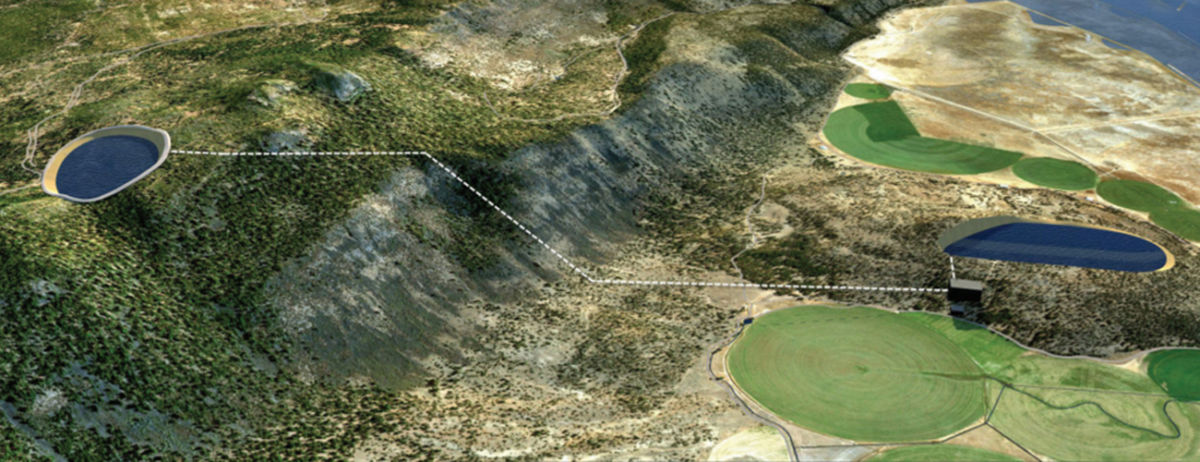
This conceptual drawing shows how the Swan Lake project in Oregon would work. Water is pumped from one reservoir to another at a higher elevation. Power is generated when the water is discharged downhill through turbines back to the original source. Pumped-storage currently accounts for 95% of all utility-scale energy storage in the United States, according to the Department of Energy. Drawing by Copenhagen Infrastructure Partners
Nov. 12, 2020 By Tim Trainor, (Klamath Falls) Herald and News. A Danish investment company has purchased the proposed Swan Lake energy storage project north of Klamath Falls, Oregon, and another near Goldendale, Washington.
According to the company, Swan Lake is a 400 MW project that secured its 50-year Federal Energy Regulatory Commission (FERC) license in 2019. Goldendale is a 1,200 MW project that filed an application with FERC in June 2020.
The price of the purchases by Copenhagen Infrastructure Partners (CIP) from U.S.-based Rye Development was not disclosed.
The estimated $800 million Swan Lake closed-loop pump storage hydro project would require the construction of a new water reservoir to store electricity. When electricity is plentiful and inexpensive, pumps would push water to a higher, 60-acre reservoir. When demand rises, the facility would release that water through turbines to create electricity.
This article from the U.S. Department of Energy explains how closed-loop pumped hydropower works.
When built, Swan Lake will have a 393-megawatt capacity—enough to meet the energy demands of up to 390,000 homes.
The project in Goldendale operates in similar fashion. Both projects had been joint ventures by Rye Development and National Grid.
MORE: Oregon allows controversial fracked gas power plant to begin construction
According to Christian Skakkebaek, senior partner at CIP, the company teams with developers to make investments “in energy infrastructure assets with a high degree of stability in cash flows.”
Skakkebaek said CIP will oversee contractors, financing, construction and operation of the facilities.
“Pumped storage hydro is a unique and valuable asset class that will be a key resource as the global transition to renewable energy continues to accelerate in states such as Oregon, Washington and Montana,” said Skakkebaek.
Rye Development will continue to lead development until the start of construction, according to the company.
Columbia Insight is publishing this story as part of the AP StoryShare program, which allows newsrooms and publishing partners to republish each other’s stories and photos.

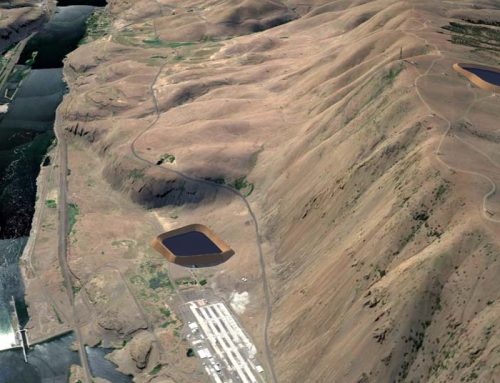
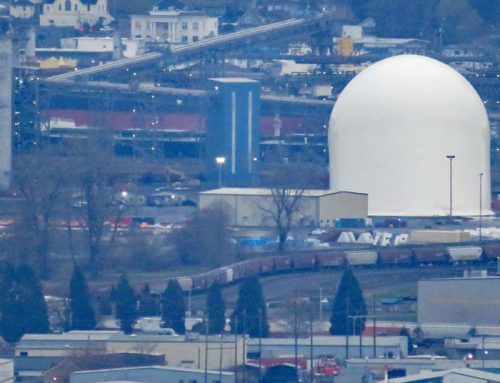
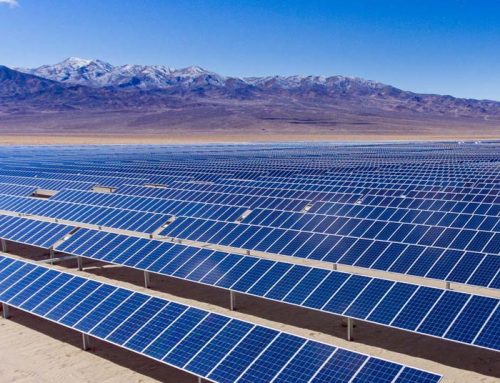
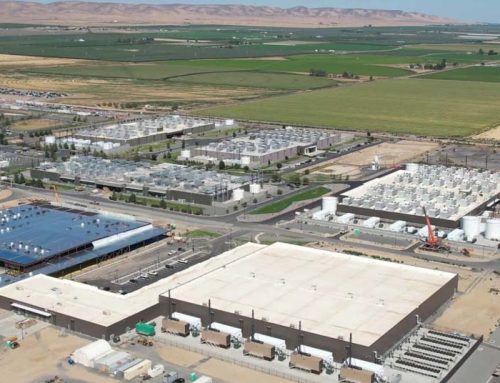
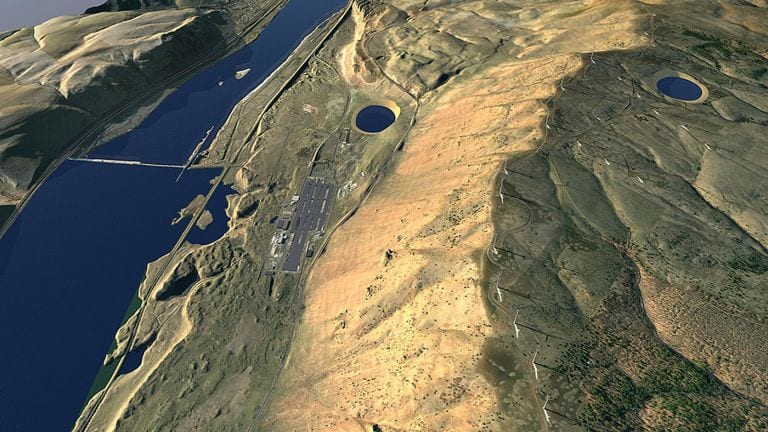
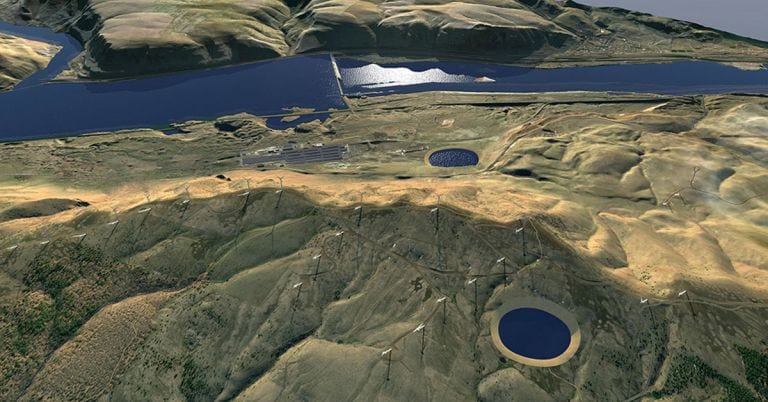
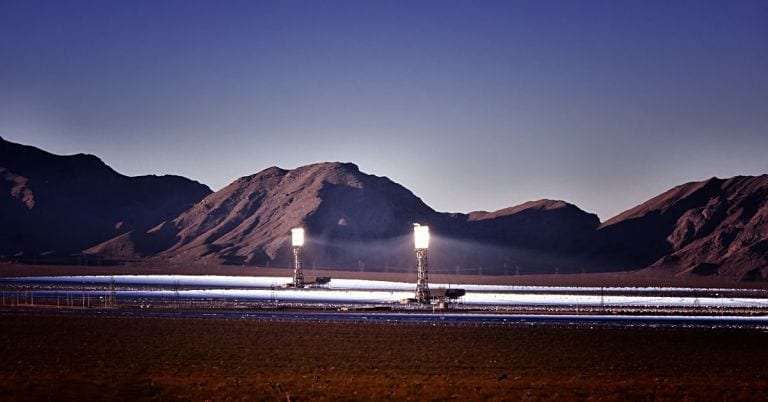
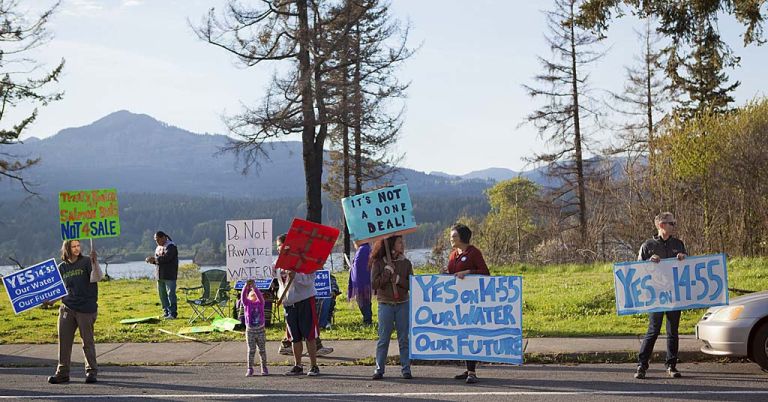


Thanks for this article. I think financial studies have shown that the Goldendale project is unlikely to provide a “high degree of stability in cash flow”. A study funded by American Rivers directly contradicts this expectation. https://www.columbiariverkeeper.org/news/2020/8/stand-solidarity-tribal-nations. You can find information about the study, conducted by Rocky Mountain Econometrics, on the Columbia Riverkeeper page.
Typically I am all for sustainable energy, but this just makes little to no sense on two levels. Environmentally, it is SO invasive. It is just a ridiculous amount of environmental disturbance to build this pond atop a mountain. Secondly, $2 BILLION(?!?!) is a sum of money that could be put to about 500 better uses in this area than a water storage pond in this one mountain. The fact that a European firm acquired the rights tells me that profit is the motive and not concern for local lands or resources. Nope-nope-nope.
Having concerns about this project, I live in the immediate area and residents in the area are struggling with personal well issues, failing because of dropping water levels in the aquifers, it’s my understanding that these reservoirs will be filled with ground water, how can I be assured that my new 45000 dollar well won’t fail because of this project, or will there be a contingency fund set aside for this problem for the surrounding residents, I’m sure this concern is shared by others.